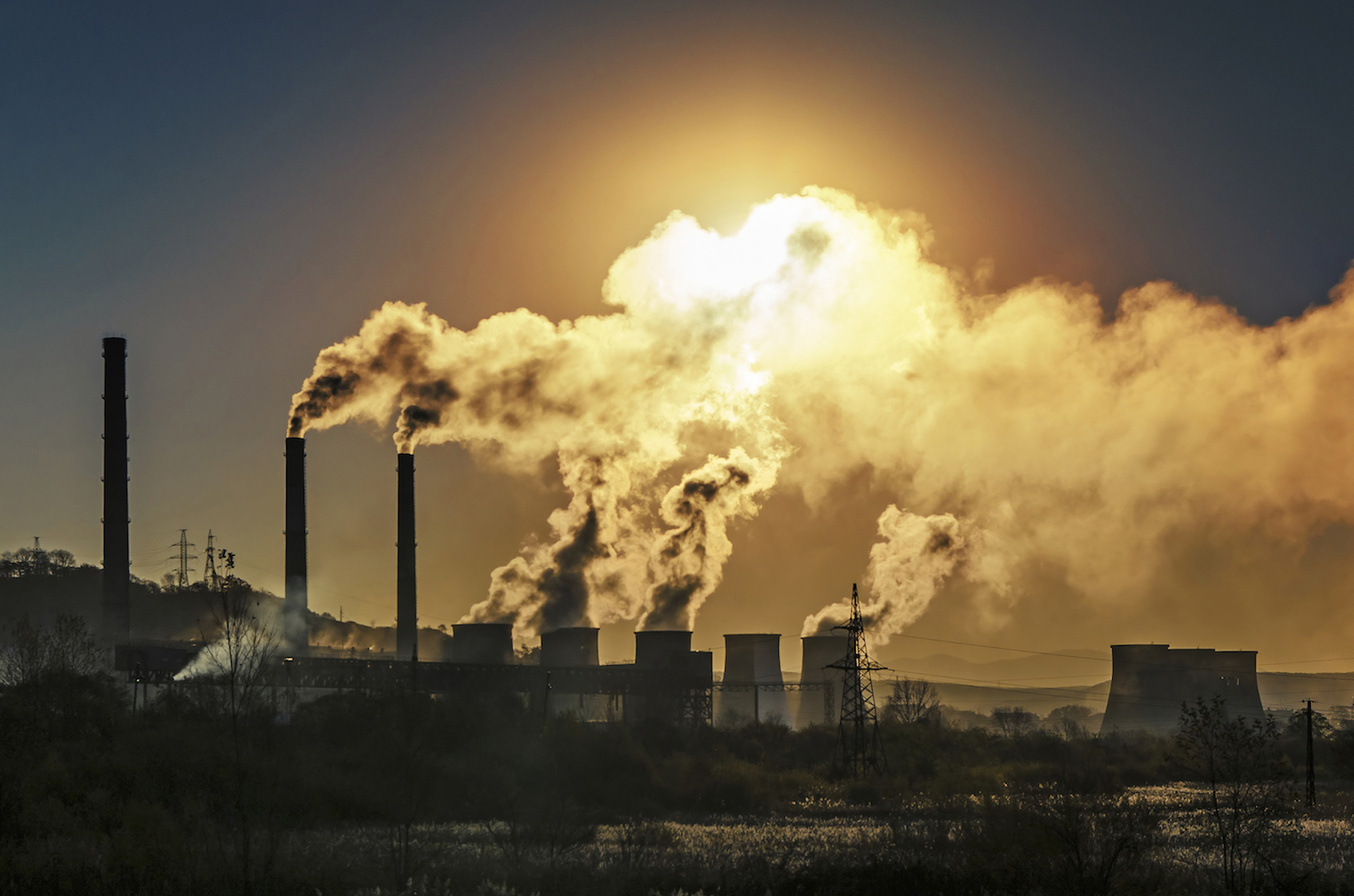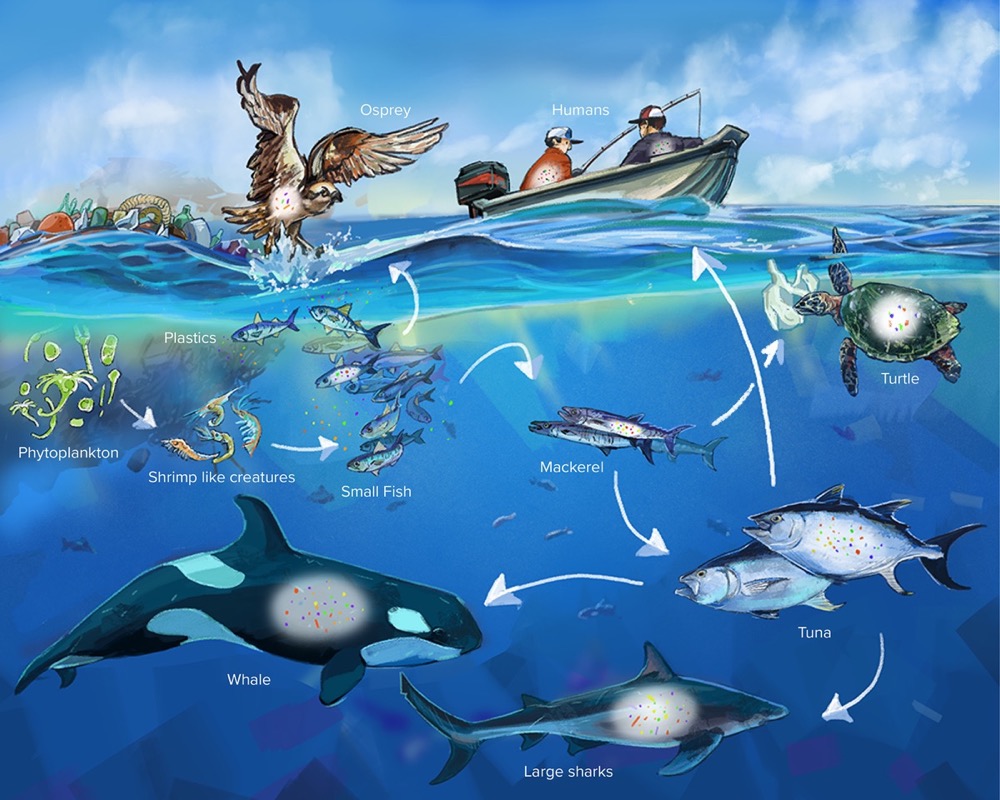

The warming of oceans refers to the increase in sea surface temperatures due to global climate change. As greenhouse gas emissions rise, the Earth's climate warms, leading to higher temperatures in the ocean. This warming affects marine ecosystems, weather patterns, and sea levels.
The primary cause of ocean warming is the increase in greenhouse gases, such as carbon dioxide (CO2) and methane (CH4), which trap heat in the Earth's atmosphere. This excess heat is absorbed by the oceans, leading to rising sea temperatures.

The oceans act as a heat sink, absorbing approximately 93% of the excess heat generated by greenhouse gas emissions. This heat retention contributes to rising sea temperatures and changes in oceanic thermal dynamics.
Increased sea temperatures can cause coral bleaching, where corals expel their symbiotic algae, leading to the loss of color and vital nutrients. Bleached corals are more vulnerable to disease and have lower reproductive success.

Warming oceans affect marine food chains by altering the distribution and abundance of plankton, fish, and other marine organisms. These changes can impact predator-prey relationships and the overall health of marine ecosystems.

Addressing ocean warming involves reducing greenhouse gas emissions through global climate action. Strategies include transitioning to renewable energy sources, enhancing energy efficiency, and promoting sustainable practices.
Establishing and maintaining Marine Protected Areas can help safeguard critical marine habitats and species from the impacts of ocean warming. MPAs provide refuges for marine life and promote ecosystem resilience.